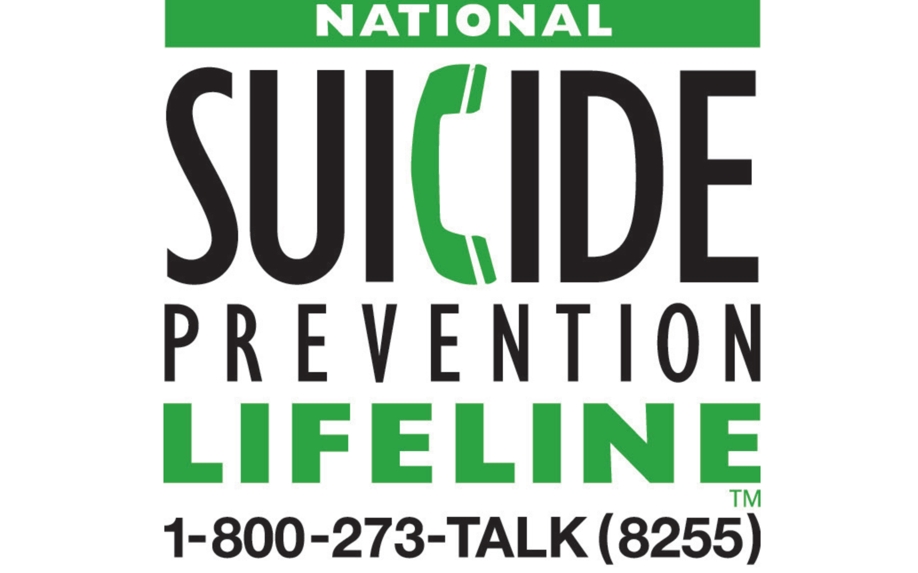Hallucinations
Hallucinations occur with mental and physical illnesses and often happen as a side effect of medications, low oxygen, or trauma. Therefore, don’t assume someone has a mental health condition if they start seeing something you don’t see or hearing voices you can’t hear. Waking up within an extended dream state or with […]










